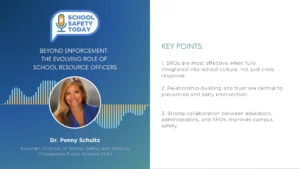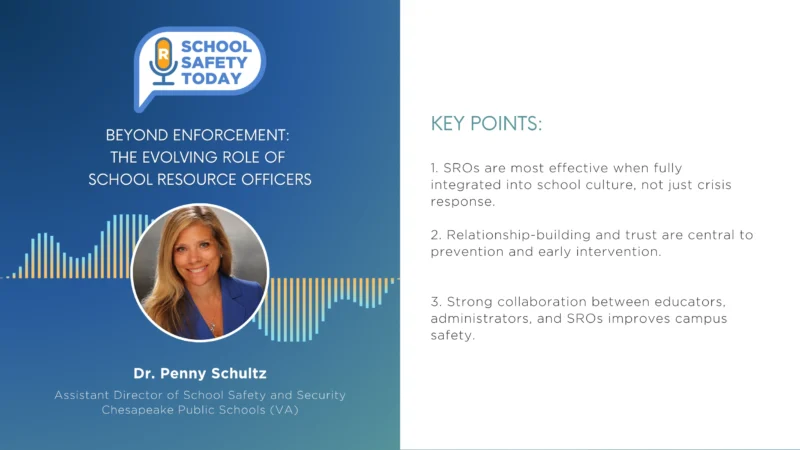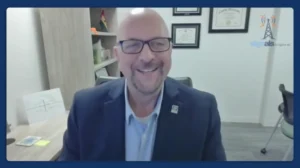Making Workforce Training Available to Communities that Need it Most
Workforce Solutions Greater Dallas has been integrating technology into their training for over 20 years. Laurie Larrea, the CEO, recalls setting up women in welfare with an online community and mentoring program. The program distributed computers and free wi-fi, making the technology accessible to communities who needed it most, “giving access to people who wouldn’t previously have it,” said Larrea.
When Lynn Hoffman joined the group, Retail Pays partnered with large retailers to refine retail workers’ abilities five years ago. Hoffman explained, “the goal is to upscale and reskill frontline workers.” The program ensures competencies are met and allows workers to advance their skills online. Retailers can develop mid-level managers.
With e-learning programs, Workforce Solutions has seen tremendous success. Hoffman reported that 43 young adults obtained their high school diplomas. The program provides opportunities for interns to earn and learn. According to a recent article from Forbes, corporate e-learning is expected to grow up to $50 billion in 2026.
These are just the many ways that Workforce Solutions Greater Dallas has embraced e-learning and moved it into training the workforce system. The group was poised to shift to remote work and learning when the pandemic took over two years ago.
A recent program training workers in sterilizing medical equipment integrated virtual reality into the training. Unfortunately, employers were hesitant to hire the workforce because they had not seen VR as a replacement for the labs necessary for training. Hoffman pivoted the program’s introduction, and now 30/40 of the trainees have been hired. “We pilot things. We try things with the private funding, and when it proves to be successful, we roll it out with the public funding,” said Larrea.
The program is prepared to enable the world’s current workforce to continue to skill up. “We don’t have workers to spare, and we won’t for the next generation,” explained Larrea. Employers need to start implementing programs that enable people to become a part of the workforce and grant current employees access to programs that allow them to gain skills on their own time.








